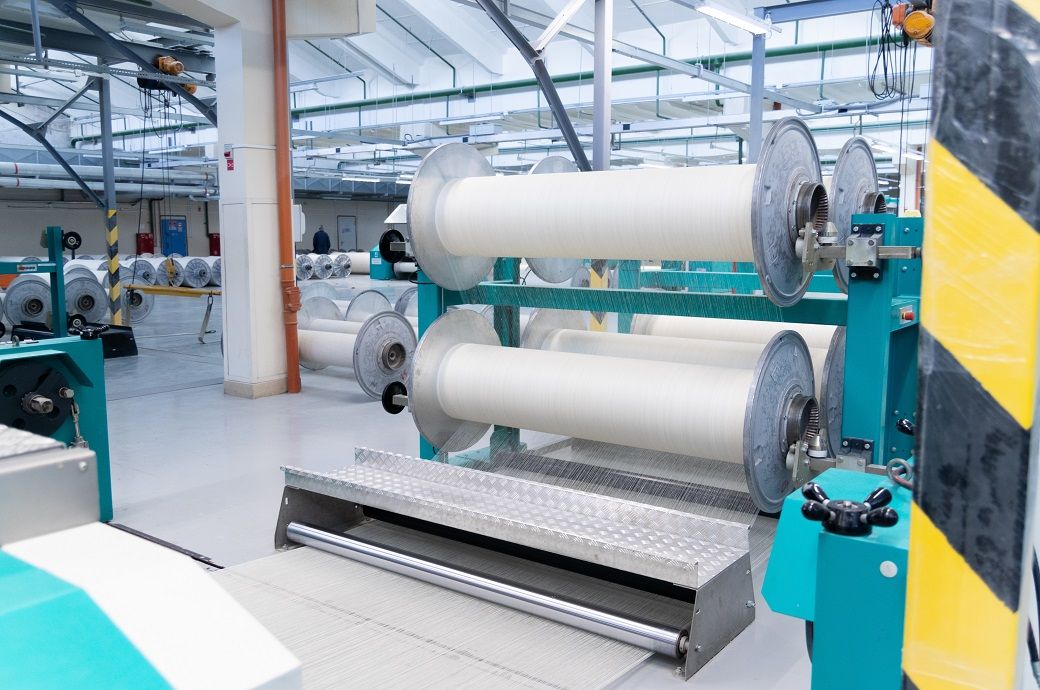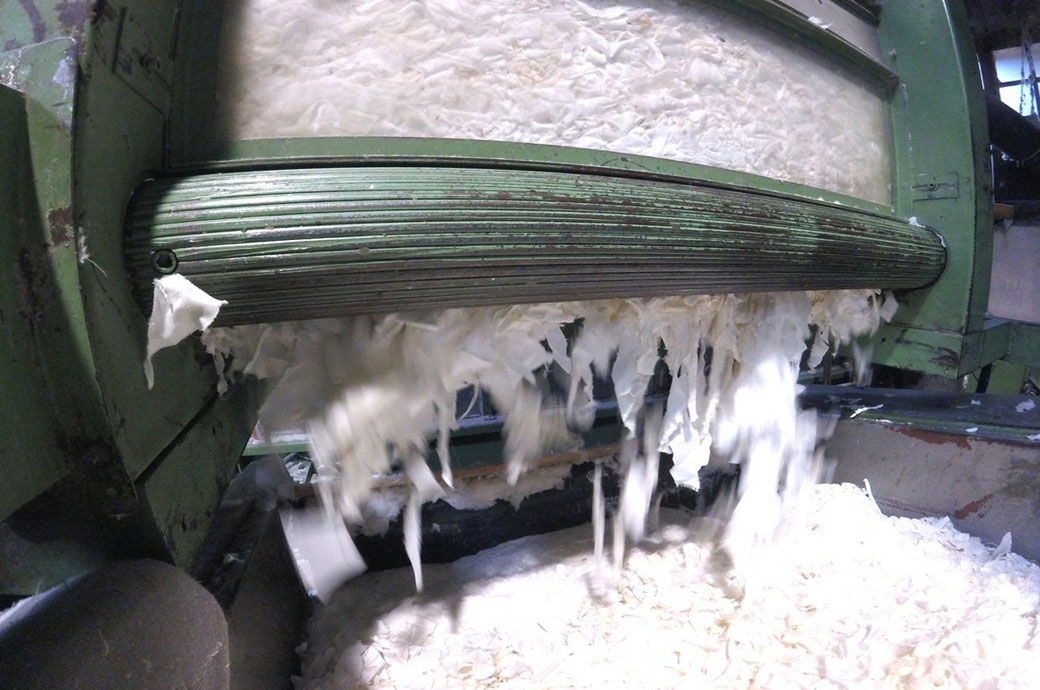Dedicated to driving circularity in the global textile industry, the new initiative kicks-off with the production of denim fabrics derived from mechanically recycled Tencel branded lyocell fibres. With usage of pre-consumer lyocell waste at a commercial scale, the initiative redefines the circular future of a sustainable denim industry globally.
Lenzing Group, a leading global producer of wood-based specialty fibres, is taking a leadership role in promoting circularity in the textile industry through its Fiber Recycling Initiative.
The initiative, which involves producing denim fabrics from mechanically recycled Tencel branded lyocell fibres, is a step towards creating a more sustainable industry.
“Brands and consumers count on us to lead the change towards a more sustainable industry value chain,” said Tuncay Kiliçkan, head of global business development, Denim, at Lenzing. “As we constantly seek ways to improve circularity across various components of the textile industry, our like-minded, decades-long value chain partners have innovatively discovered the mechanical recycling of Tencel Lyocell fibres in denim production. While such concept is still relatively new to the wider industry, the development of the ‘Fiber Recycling Initiative’ by Tencel sets out to promote the benefits and unleash the full potential of the new circular fabric.”
The initial phase of the new circularity initiative spotlights the ongoing quest for sustainable denim production and innovation from Lenzing and its mill partners as they answer a common call for sustainability, circularity and transparency in the global textile value chain. This is driven by a growing demand from consumers who are looking for more sustainable and circular product options, Lenzing said in a press release.
“Denim circularity is undeniably the present, and the inevitable future of denim,” said Baber Sultan, director of research, product and trend at Artistic Milliners. “We have seen wider adaptation of mechanical recycling beyond textiles, particularly in paper and construction industries. Considering the high tenacity of Tencel Lyocell fibres, there is an edge to increase recycled content while producing higher quality fabrics. The new fabric has so much potential across global markets, especially with the nostalgia around Y2K and other vintage looks. The classic salt and pepper effect really blooms with mechanically recycled Tencel Lyocell fibres, along with that neppy denim aesthetics.”
Virgin Tencel Lyocell fibres are reputable for their environmentally responsible, closed loop production process, which transforms sustainably sourced wood pulp into cellulosic fibres with high resource efficiency and low carbon footprint. Mechanically recycled Tencel Lyocell fibres adds to the sustainability features of the denim fabric, as it does not require usage of water or chemicals.
“The mechanically recycled Tencel Lyocell fibres are ideal for denim,” said the product development team at Canatiba. “Unlike cotton, the new fabric retains its characteristics in relation to virgin fibres, while maintaining the length, resistance and all the physical properties, as well as being super soft to touch. It comes from a completely clean and sustainable process that does not involve water or chemical consumption. In Brazil, mechanically recycled lyocell fibres have a strong potential to scale among large brands and department stores.”
Fabrics produced using mechanically recycled Tencel Lyocell fibres feature a ‘close-to-cotton’ aesthetics while retaining the core features of Tencel Lyocell fibres, like breathability, smooth drape, gentle on skin and long-lasting comfort.
“We believe that the future of the textile industry depends on sustainability and circularity, which can also guarantee the survival of denim,” said José Antonio Mazorra, corporate social responsibility manager at Textil Santanderina. “The awareness of reducing environmental impact within our sector is growing, especially with the industry trends of circular economy and sustainable production practices. I expect that innovation and technological improvements around circularity, including phases of collection, selection and recycling, will result in a greater need for mechanically recycled cellulosic fibres.”
The fibres are also identifiable in end products, ensuring traceability and transparency of production processes. With the ability to be traced back to their sources, the use of mechanically recycled Tencel Lyocell fibres can be documented and verified, ensuring greater accountability and transparency in the supply chain.
Fibre2Fashion News Desk (RR)

:max_bytes(150000):strip_icc()/Health-GettyImages-2197450700-1a16cda3532243619c3a9cfbf088696d.jpg)



